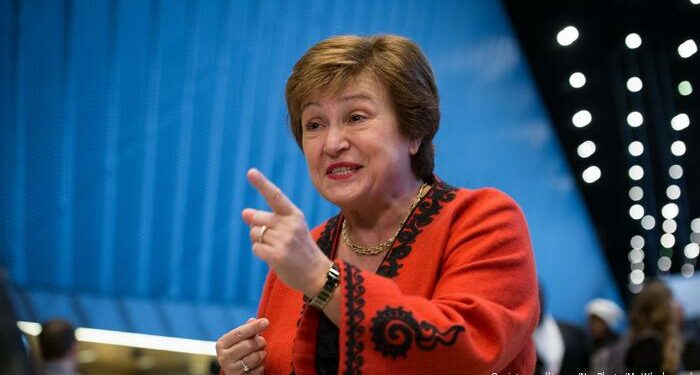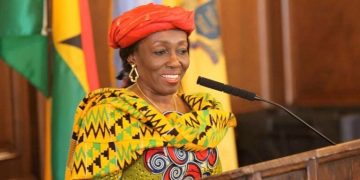IMF Staff Mission Reaches Staff-Level Agreement with Côte d’Ivoire on EFF/ECF and RSF Programmes
An International Monetary Fund (IMF) mission led by Olaf Unteroberdoerster has concluded discussions with Ivoirian authorities on the country’s ongoing economic and financial reform programmes under the Extended Fund Facility (EFF), Extended Credit Facility (ECF), and Resilience and Sustainability Facility (RSF). The consultations, held between September 15 and 30, reviewed progress and outlined future policy priorities.
The IMF Executive Board had earlier approved a combined EFF/ECF arrangement of SDR 2.6 billion (about US$3.5 billion) in May 2023, and an RSF arrangement of SDR 975.6 million (about US$1.3 billion) in March 2024 to support the country’s fiscal reforms and climate resilience agenda.
Mr. Unteroberdoerster noted that performance under both programmes has been strong, highlighting fiscal consolidation efforts. “Since the programme’s launch in 2023, the fiscal deficit is on track to meet the WAEMU ceiling of 3 percent of GDP for the first time this year. The mission welcomes the authorities’ commitment to maintain a prudent fiscal stance through 2026,” he said.
The IMF team commended Côte d’Ivoire’s medium-term revenue mobilisation strategy, which aims to broaden the tax base and strengthen compliance. Tax revenue is projected to rise to 15.7 percent of GDP in 2026 from 15 percent in 2025, creating fiscal space for priority social and infrastructure spending in line with the government’s national development plan.
On the climate-focused RSF programme, discussions centred on the implementation of key reforms, including climate budget tagging, climate-related fiscal risk assessment, and integration of climate considerations into public investment management. Authorities are also moving to operationalise an energy consumption audit system.
The Ivoirian economy remains resilient, with growth forecast at 6.3 percent in 2025, driven by the services sector, hydrocarbons, and mining. Inflation is projected at 1 percent this year, well below regional targets. The external position is also improving, supported by favourable cocoa prices and lower import costs for staple commodities such as rice and wheat, narrowing the current account deficit to about 1.5 percent of GDP by 2025.
Medium-term growth is projected to average 6.7 percent, with inflation contained within WAEMU’s 3 percent target. However, the Fund cautioned that risks remain from global policy uncertainty, geopolitical tensions, and climate shocks.
During the mission, the IMF team met with Vice President Tiémoko Meyliet Koné, Prime Minister Robert Beugré Mambé, senior ministers including Adama Coulibaly (Finance and Budget) and Nialé Kaba (Economy, Planning and Development), as well as officials from the BCEAO, private sector representatives, and development partners.








